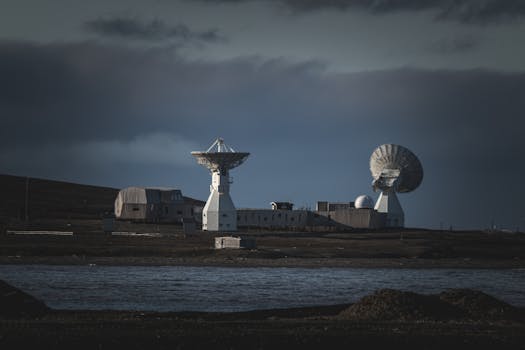Takeaways
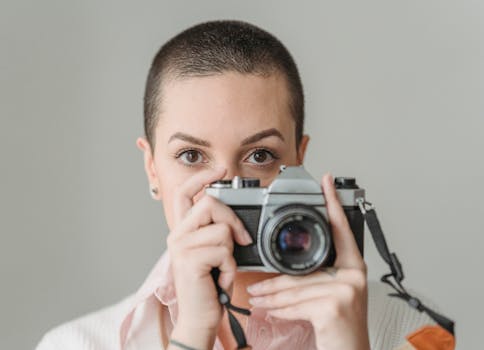
Introduction to Digital Cameras in 2023

Why Buy a New Digital Camera?
With the advent of smartphones, many people wonder if investing in a dedicated digital camera is still worthwhile. However, there are several reasons to consider upgrading or purchasing a new digital camera:
- Image Quality: Digital cameras, especially DSLRs and mirrorless models, typically offer superior image quality compared to smartphones.
- Lens Options: Dedicated cameras allow for interchangeable lenses, giving photographers more creative control.
- Manual Controls: Many digital cameras offer extensive manual controls that let you fine-tune your settings for optimal results.
- Performance: Newer models often have faster autofocus and better low-light performance, making them suitable for a variety of shooting conditions.
Top Digital Cameras of 2023
1. Canon EOS R6 Mark II
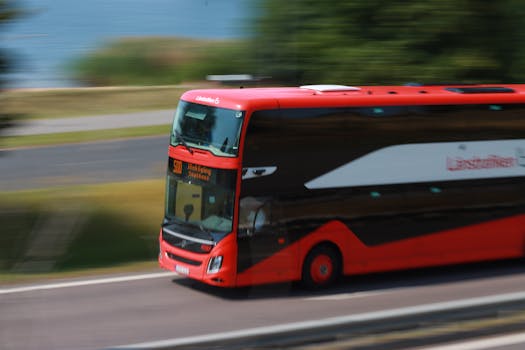
2. Nikon Z9
Nikon’s flagship mirrorless camera, the Z9, boasts a 45.7 MP stacked CMOS sensor, which delivers stunning detail and color accuracy. The Z9 also features a robust build quality and advanced video capabilities, making it a top choice for both photographers and videographers.
3. Sony A7 IV
The Sony A7 IV is a versatile full-frame mirrorless camera that combines high resolution with excellent video performance. Its 33 MP sensor and advanced autofocus system make it a favorite among portrait and landscape photographers alike.
4. Fujifilm X-T5
The Fujifilm X-T5 is a compact mirrorless camera that features a 40 MP APS-C sensor. Known for its film simulations and color science, it is an excellent choice for those who prioritize aesthetics and creativity in their photography.
Comparing Digital Cameras: Features and Specifications
Sensor Size and Type
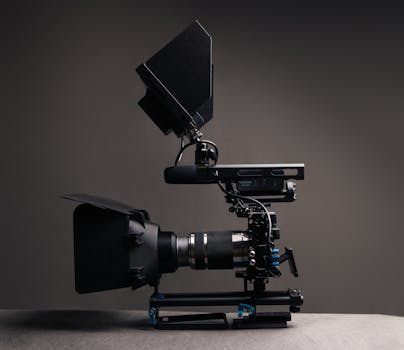
- Full-Frame Sensors: Found in high-end DSLRs and mirrorless cameras, offering the best image quality.
- APS-C Sensors: Common in mid-range cameras, balancing size and image quality.
- Micro Four Thirds: Smaller sensors that allow for more compact camera designs.
Lens Compatibility
When selecting a digital camera, consider the availability of lenses:
- Interchangeable Lenses: Most DSLRs and mirrorless cameras allow for lens changes, offering versatility.
- Fixed Lenses: Compact cameras may have fixed lenses, limiting flexibility but enhancing portability.
Video Capabilities
With the rise of video content creation, many digital cameras now offer impressive video features:
- 4K and 8K Recording: Higher resolutions provide stunning video quality.
- Frame Rate Options: Look for cameras that support various frame rates for smooth motion.
Buying Guide: What to Consider When Choosing a Digital Camera
Budget

Intended Use
Consider what you will primarily use the camera for:
- Casual Photography: A compact or smartphone-style camera may suffice.
- Professional Work: Invest in a DSLR or mirrorless camera with advanced features.
- Travel: Look for lightweight options that prioritize portability.
User Experience
Evaluate how user-friendly the camera is. Look for ergonomic designs, intuitive menus, and helpful features such as touchscreens and built-in tutorials.
Conclusion
As we’ve explored throughout this article, the digital camera market in 2023 is teeming with innovative options that cater to a variety of needs. From high-end mirrorless cameras to versatile DSLRs and compact options, there’s something for everyone. Whether you’re looking to capture stunning landscapes, fast-paced action, or beautiful portraits, understanding the features and specifications of each camera will empower you to make the right choice.
FAQs
1. What is the best digital camera for beginners?
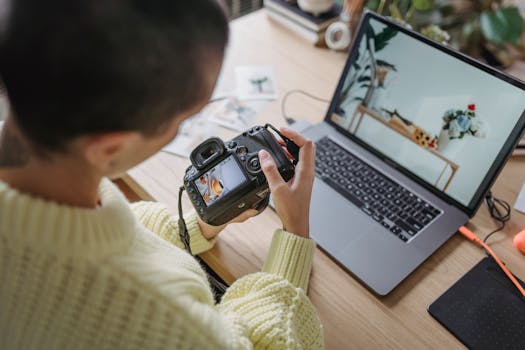
2. Are mirrorless cameras better than DSLRs?
Mirrorless cameras are generally lighter and more compact, with faster autofocus and video capabilities. However, DSLRs offer a wider range of lenses and longer battery life. The choice depends on your needs.
3. How much should I spend on a digital camera?
Your budget can vary widely based on your needs, but typically, you can find good entry-level cameras starting around $500, while professional models can exceed $2000.
4. Can I use DSLR lenses on a mirrorless camera?
Many mirrorless cameras can use DSLR lenses with an appropriate adapter, but it’s essential to check compatibility before purchasing.
5. What features should I look for in a digital camera?
Look for features such as sensor size, lens compatibility, image stabilization, low-light performance, and video capabilities. Your specific needs will dictate which features are most important.







